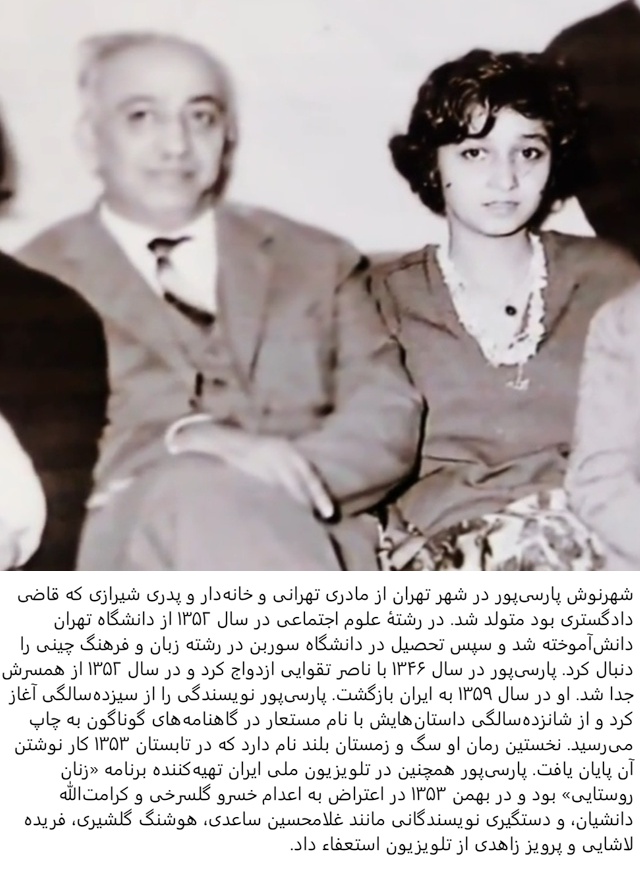She showed literary interests from an early age. By age 16 she was writing short stories and articles. Parsipur is known for her novels, short stories, memoirs, and translation. Her writing often explores themes of gender, identity, patriarchy, and political repression. She uses realism, magical realism, and deeply reflective narrative modes. Parsipur has repeatedly suffered from political repression due to her writings and her refusal to conform to restrictive moral and political norms. She resigned from a position at National Iranian Television in protest of torture and execution of journalists/poets under the Shah’s regime (SAVAK).
She spent four years and seven months in prison in the 1980s (after the Revolution) under the new Islamic Republic studies stanford. Parsipur is often seen as one of the foremost feminist writers in modern literature. Her work frequently focuses on the lives of women under patriarchy, questioning gender norms, exploring female desire and the roles imposed by society. She does not shy away from political context — her characters live through major upheavals: the Shah’s regime, the Revolution, the new Islamic order. Her novels often link the personal with the political.


